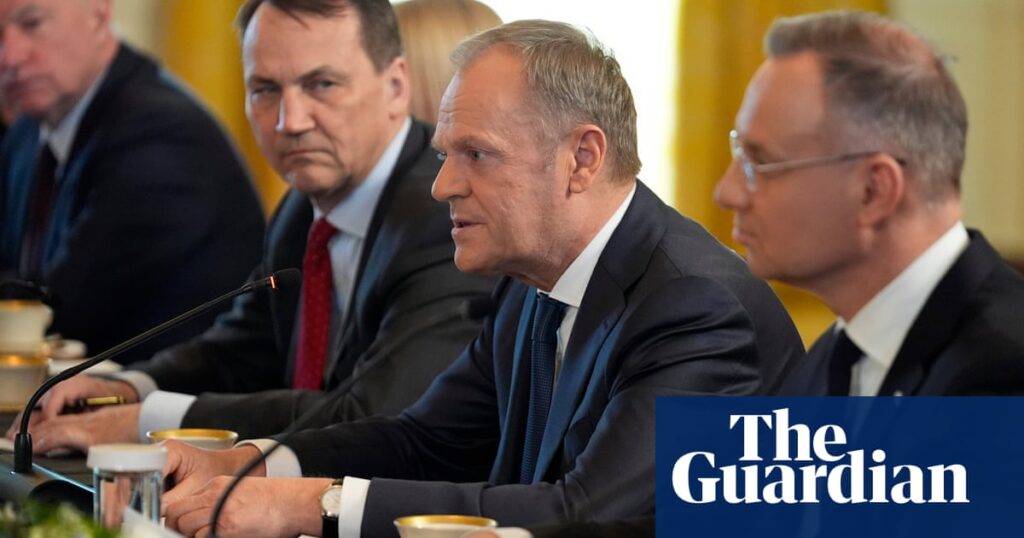Poland will recall 50 of its ambassadors as part of efforts by the new pro-European Union government to improve its diplomatic mission at a difficult time, the country's Foreign Ministry announced.
The ministry said in a statement that the change in the envoy was “necessary” and would help Poland “better and professionally carry out the difficult tasks” facing its foreign policy.
Poland's Prime Minister Donald Tusk said having a loyal team of envoys in place is crucial if neighboring Ukraine is to avoid an all-out war with Russia. He stressed that this was “not retaliation” against his predecessor.
The diplomats were all appointed by the former right-wing government, which ruled for eight years until December, when the three-party opposition coalition won an overall majority in Polish elections and Donald Tusk became prime minister. and took power.
The government statement did not name the ambassadors that Foreign Minister Radek Sikorski would recall, nor did it say when they would be replaced or whether their posts abroad would be reduced.
However, the ministry said the process had been started.
The Associated Press reported that the diplomat's recall has ties to the former right-wing government and may not be approved by President Andrzej Duda, who is critical of Tusk.
If Mr. Duda does not approve the changes, the ambassadors will remain as heads of mission in the regions they have been instructed to return to.
Tusk said he highly praised the work of Poland's ambassador to the United States, Marek Mazilovski, and suggested that certain envoys may not be recalled.
The ruling nationalist party Law and Justice (PiS) has been accused of eroding Poland's rule of law, rolling back abortion rights and targeting minorities while in power. The move sparked a feud with the EU over issues ranging from judicial independence to LGBTQ+ rights.
After being confirmed as prime minister in December, Tusk vowed to “solve everything.”
“We will be able to correct the mistake to the relief of everyone without exception,” he said at the time.
With Associated Press and John Henry


